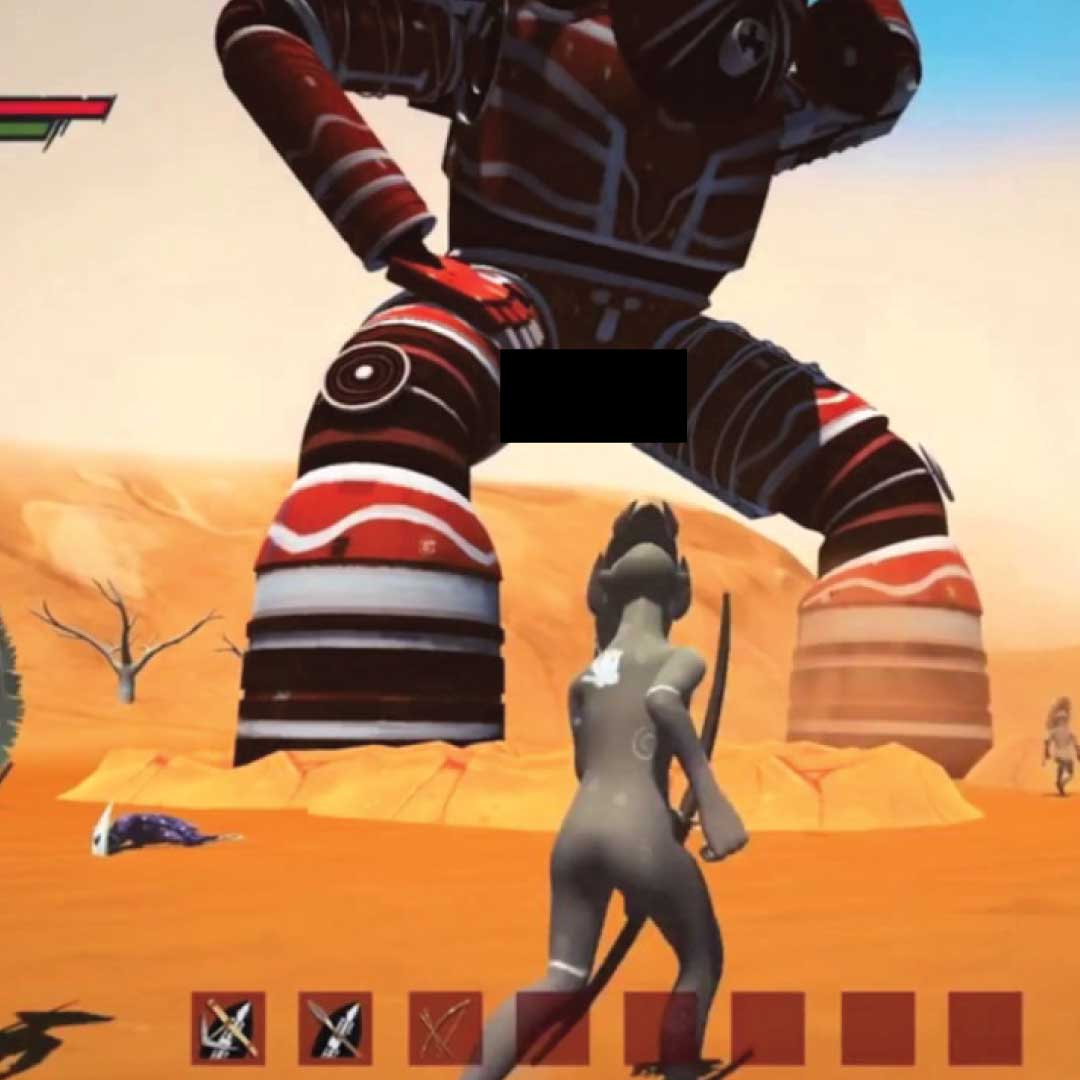There was a time when African gamers would go to internet cafes to play their favorite online games. When these games were first released, consoles were the primary means of playing them. Young males were the primary patrons.
Most characters, materials, and even languages in African-inspired video games may now be played anywhere thanks to the rise of smartphones.
There is a new trend in the market that is helping to boost the video game industry in the region: multi-functional gaming consoles are becoming more and more popular.
Gamers in Africa have seen a substantial increase in the last five years because of this. As a result of the Covid-19 pandemic, the gaming market is claimed to have grown at an astronomical rate.
The gaming industry in Africa is dominated by South Africa.
South African gaming platform Carry1st commissioned a study in 2021 that estimates the sub-Saharan African region’s total population of players at 186 million, up from 77 million in 2015.
With 40 percent of the population participating in video games, South Africa is Africa’s largest market for video games, with a population of 24 million players. As a result of this, the video game market in the country is gradually overtaking that of movies and music.
In a tie for the second position with 27% each, Ghana and Nigeria are both African nations. A combined 22% and 13% of the continent’s population participate in video games, putting Kenya and Ethiopia at the bottom two spots.
Read Also : Africa is set to take over the global video game business
In the next years, these numbers are expected to grow exponentially as more investment plans are made in Africa’s gaming business. CRE Venture capital led an investment of USD 2.5 million in Carry1st, a gaming development firm, to support and invest in-game publishing in Africa in May 2020.
Adding your own personal touch to video games
Using blockchain technology, game developers are now introducing new components, the latest of which allows players to own characters and assets within the games they play.
There is a growing number of tech-savvy young people in Kenya who could soon be making money from this sector boom, thanks to a social impact gaming company called Usiku Games Africa.
We are looking into ways to have money mechanisms embedded into the games where players may earn or spend in a more transparent manner, says founder and CEO of Usiku Games, Jay Shapiro.
Gamers will still have the pleasure of gaming, but they won’t be able to cash out their winnings as they can in traditional gambling under this new model.
“African gaming is booming. This is true not only for those who enjoy free-to-play games but also for those who are prepared to spend money on them.
Read Also : Google Chrome Vulnerability
It has instead been implemented in the form of long-term savings tools like pension schemes, health care, and education insurance, which helps to strengthen the low savings culture among young Africans and strengthen their financial resilience.
According to Shapiro, “the fact is that you may lose all you have even if you have a job or income, a little bit of savings maybe,”
Africa’s digital currency market and video games
In addition, the gaming sector generates billions of dollars in revenue for countries around the world each year.
As the continent adopts digital currencies, these figures are expected to expand at the quickest rate in the globe, with 63 million of 186 million gamers now paying for games.
Another study by Newswagg’s found that 38 percent of the 41.9 million gamers in the world who own cryptocurrency are between the ages of 21 and 38 years old.
Read Also: Nigerian Agri-fintech company Tingo seeks $500M Expansion funds, plans NYSE listing
There are already 5.9 million gamers in Africa and the Middle East who hold cryptocurrency, and this number is expected to rise in Africa due to the continent has one of the most youthful populations by the year 2050. ( 50 percent growth).
